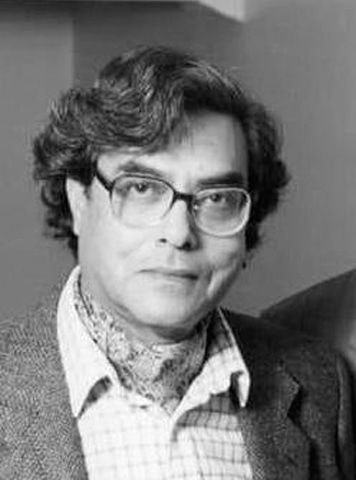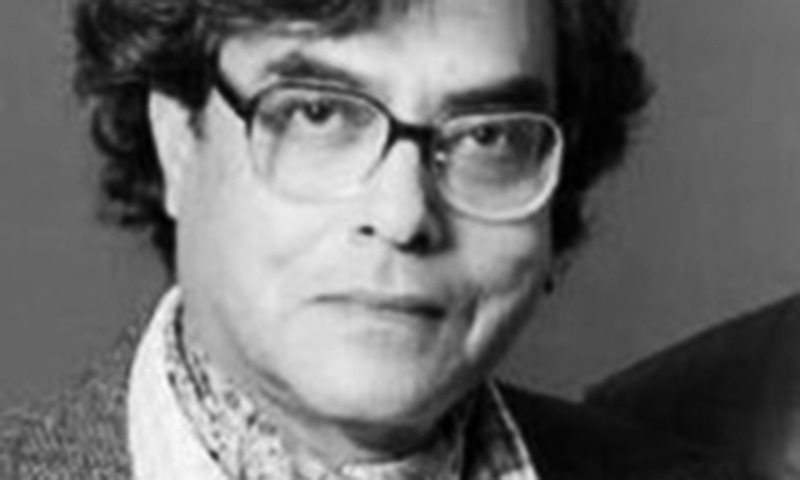WAQAR Ahmad, who passed away in a London hospital on Wednesday, was one of the most outstanding broadcasters the BBC Urdu Service has had.
The only son among the seven children of Nisar Ahmad, a prominent lawyer in Sitapur, in Uttar Pradesh (India), Waqar Ahmad completed his college courses in Lucknow before taking his master’s degree in history from the Aligarh Muslim University.
He came to Pakistan in the late 1950s only to seek permission from his father, who had migrated to Pakistan earlier, to go to England for an honours course in history. It was while studying in London that Mr Ahmad joined BBC and extended his stay in England to nine years.

After that he decided to take up teaching and applied for a post at the Karachi University and the Jawaharlal Nehru University, New Delhi. Both the universities agreed to take him on their faculties but he chose to come back to Karachi to take postgraduate classes in general history.
By then Mr Ahmad had become known to the large number of BBC fans in Pakistan, by his special style of speech. The Ayub regime’s tactics of consolidating the state monopoly over the flow of information had increased BBC clientele in Pakistan many times over. The Pakistani audiences had opportunities of seeing Mr Ahmad in person as a senior member of the team the Pakistan Television had assembled to broadcast results of the 1970 general election and his comments on the change that historic election had brought about. Soon afterwards he returned to London and BBC to continue his association with the latter’s Urdu Service.
Mr Ahmad made a significant contribution to the manner of reporting, the choice of idiom, and the style of speech delivery by which BBC’s Urdu broadcasts were recognised all over the world. He will especially be remembered for designing and perfecting the report-and-analysis magazine, Sairbeen, one of BBC’s most popular programmes.
He was able to draw for his broadcasts on developments and events in Pakistan and India upon his knowledge of the histories of the two countries and the personal relations he had developed with politicians, writers, academics and ordinary citizens on both sides of the Pakistan-India border. He guided a number of young entrants into the BBC fraternity and influenced many others in the large circle of his friends and admirers, the most prominent of them being his brother-in- law, the incomparable Aziz Siddiqui.
Mr Ahmad was a well-read scholar and he liked devouring books on a variety of subjects. Known for his commitment to secular, democratic, and egalitarian ideals and his emphatic — to a fault — likes and dislikes, he was a perfect raconteur and a charming conversationalist. These qualities unfortunately prevented him from compiling his writings in book form. Hopefully his children will prevent his writings from getting lost.
He is survived by his wife, Rehana Ahmad, a highly valued librarian, two daughters and a son.
Published in Dawn, March 15th, 2019











































